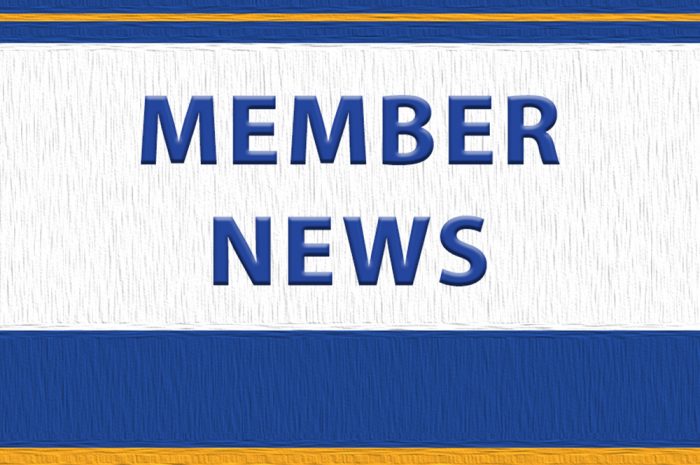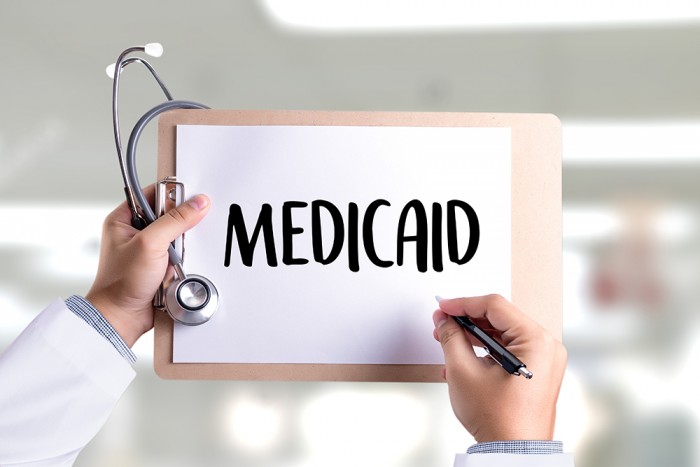RCPA Shares Resources for Capitol Day on March 19
Time is running out to register for RCPA’s Capitol Day, which will be held next Tuesday, March 19. Don’t miss out on this opportunity to advocate for yourselves and others by meeting with legislators directly! We will hold a press conference in the Main Rotunda between 10:30 am – 11:30 am, which will tentatively include speakers such as:
- Representative Dan Miller;
- Representative Stephen Kinsey;
- Representative Doyle Heffley;
- Senator Art Haywood; and
- Senator Frank Farry.
You can register for our Capitol Day press conference by contacting Allison Brognia or Christine Tartaglione with the number of anticipated attendees. RCPA requests that members schedule appointments with their Senate and House legislators directly to discuss the state budget, legislation, and regulations after our press conference.
To help support our members and their families during these visits, RCPA asks that you use the following handouts:
- RCPA Legislative Priorities One-Pager
- RCPA Brain Injury 2023 Service Landscape
- PA Brain Injury Services Defined
- ID/A Budget One-Pager
- RCPA Position Paper on Early Intervention Eligibility in Pennsylvania
- RCPA Position Paper on IBHS Individual Services
- RCPA Hearing Testimony on Community-Based MH Services and School-Based Partnerships to Treatment Access
- RCPA Testimony to PA House Human Services Committee on Opioid Use Disorder Centers of Excellence
- RCPA Public Hearing Testimony on New Developments in the Opioid and SUD Crisis in Rural Pennsylvania
- RCPA VBP Survey Briefing
Please note that copies of materials will also be available at the Capitol Rally. As an additional resource, members can visit the Pennsylvania Capitol website to locate parking and view maps of the building. If you have questions regarding our 2024 Capitol Day, please contact Jack Phillips.
CMS Shares Update on Medicare Provider Enrollment
RCPA Member Gaudenzia Names Dr. Deja Gilbert President and CEO
Nine States Chosen to Join National Effort to Improve Health Equity in Medicaid by Addressing HRSN
The Valley Advantage: Knowledge, Resources, and Support Key to Treating Drug and Alcohol Addiction
OMHSAS Telehealth Webinar & Guidance Update
Reminder: RCPA to Host Regional Meetings on March 25 and March 28
Don’t Miss The Opportunity To Sponsor, Exhibit, And Advertise At The 2024 RCPA Conference!
Join RCPA as we host the 2024 Annual Conference Embracing Challenges, Empowering Success from September 24 – 27 at the Hershey Lodge. The event is a highlight for the Pennsylvania behavioral health, brain injury, children’s, intellectual and developmental disabilities, medical rehabilitation, and physical disabilities and aging provider communities. RCPA staff and the Conference Committee are excited to release this year’s Sponsors, Exhibitors, and Advertiser Brochure, which features new opportunities to get in on the action and network with providers. Booth self-selection will also be available for exhibitors and exhibiting sponsors. In order to be considered for self-selection, a completed contract with payment must be submitted.
Network and Compete in Connections Hall
Connections Hall activities take place during the two busiest days of the conference, and many networking opportunities are available throughout the event. You’ll also be able to compete and have a chance to win “Best of Show!”
Sponsorship Opportunities Available
RCPA is privileged to have the backing of the finest organizations in the field for our conference. Through the use of sponsorship circles, RCPA is able to honor all supporting organizations.
Sign Up Now!
Sponsors, exhibitors, and advertisers who wish to be listed on the website, the mobile app, and in the conference program must submit all materials by August 23. Space and opportunities are reserved on a first-come, first-served basis, and no reservation is considered complete without payment. If questions remain, please contact Carol Ferenz, Conference Coordinator. The association looks forward to welcoming you at the conference!
Federal Response to Cyberattack: Support for Health Care Providers and Suppliers
Message from The Centers for Medicare & Medicaid Services (CMS):
The Centers for Medicare & Medicaid Services (CMS) is continuing to monitor and assess the impact that the cyberattack on UnitedHealth Group’s subsidiary Change Healthcare has had on all provider and supplier types. Today, CMS is announcing that, in addition to considering applications for accelerated payments for Medicare Part A providers, we will also be considering applications for advance payments for Part B suppliers.
Over the last few days, we have continued to meet with health plans, providers and suppliers to hear about their most pressing concerns. As announced previously, we have directed our Medicare Administrative Contractors (MAC) to expedite actions needed for providers and suppliers to change the clearinghouse they use and to accept paper claims if providers need to use that method. We will continue to respond to provider and supplier inquiries regarding MAC processes.
CMS also recognizes that many Medicaid providers are deeply affected by the impact of the cyberattack. We are continuing to work closely with States and are urging Medicaid managed care plans to make prospective payments to impacted providers, as well.
All MACs will provide public information on how to submit a request for a Medicare accelerated or advance payment on their websites as early as today, Saturday, March 9.
CMS looks forward to continuing to support the provider community during this difficult situation. All affected providers should reach out to health plans and other payers for assistance with the disruption. CMS has encouraged Medicare Advantage (MA) organizations to offer advance funding to providers affected by this cyberattack. The rules governing CMS’s payments to MA organizations and Part D sponsors remain unchanged. Please note that nothing in this statement speaks to the arrangements between MA organizations or Part D sponsors and their contracted providers or facilities.
If you have any questions, please contact Fady Sahhar.















